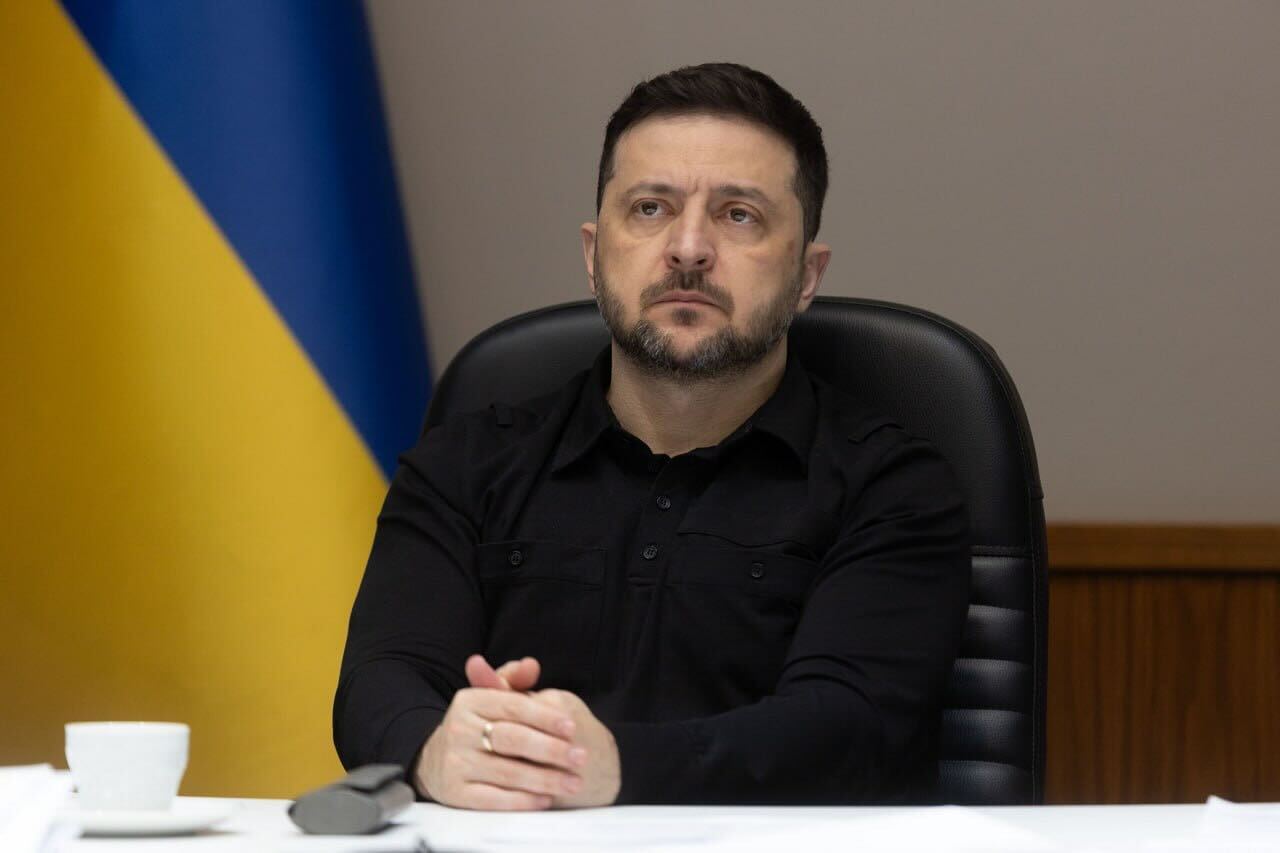Trump Selects Dan Coats for Director of National Intelligence
Published by The Lawfare Institute
in Cooperation With

Multiple media outlets have confirmed that the President-elect has selected a nominee for Director of National Intelligence: former Senator Dan Coats (R-IN), who previously served on the Senate Select Committee on Intelligence.
The Office of the Director of National Intelligence was established in 2004 on the recommendation of the 9/11 Commission Report, which advocated the creation of an agency to coordinate and manage intelligence community activities and to facilitate information sharing between the agencies. The Director of National Intelligence is the leader of the intelligence community and serves as the chief advisor to the President, National Security Council, and Homeland Security Council on intelligence matters relevant to national security. The DNI also directs the National Intelligence Program, which coordinates the funding of intelligence work across the federal government. This position requires Senate approval.
Recently, ODNI has been the subject of controversy relating to the Trump transition, with reporting that the transition team is aiming to “restructure and pare back” the scope of the Office’s activities—though recently the team has denied these reports. Because the responsibilities of the DNI are codified in the Intelligence Reform and Terrorism Prevention Act, any changes in contravention of that statute would require congressional action. The restructuring plan would come amidst an increasingly tense relationship between the President-elect and the intelligence community, as Trump continues to reject the intelligence agencies’ conclusions on Russian interference in the U.S. election. Additionally, ODNI is responsible for compiling the President’s Daily Brief, or PDB, the daily intelligence briefing whose usefulness Trump has so far decried.
The four previous appointed Directors of National Intelligence held significant prior government experience before their service at ODNI, ranging from ambassadorial work to military experience and work elsewhere in the intelligence community. Dan Coats would fit into this pattern: he served in the House of Representatives from 1981 to 1989 and served two and a half terms in the Senate after being appointed to fill the vacant Indiana Senate seat opened by Dan Quayle’s election to the Vice Presidency in 1989. In his last Senate term from 2011-2016, he sat on the Senate Intelligence Committee. From 2001 to 2005, he was the U.S. Ambassador to Germany, where he was involved in calming the diplomatic crisis caused by the CIA’s mistaken imprisonment and torture of Khaled Masri, a German citizen.
While on the Senate Intelligence Committee, Coats signed on with the minority in the committee’s report on interrogation, along with Senators Richard Burr, James Risch, Marco Rubio, and Tom Coburn. He was one of only three members of the committee to vote against declassifying the report in 2014. Coats opposed the USA Freedom Act and voted against it, writing that the legislation significantly weakened U.S. intelligence capabilities.
Notably, Coats is banned from entering Russia—along with a number of other Senators and government officials—due to his support for sanctions against Russia in response to the annexation of Crimea in 2014. At the time, Coats stated that he found Russia’s behavior “unacceptable” and declared his intention to “lead efforts on Capitol Hill to bring Putin to his senses.” During his most recent term in the Senate, he was known as a Russia hawk who routinely pushed for a hard line against Russian adventurism in Ukraine. His position on Russia may cause friction with other members of the Trump team and will likely raise questions during his confirmation hearing given the President-elect’s coziness with the Kremlin. Coats’s previous hedging when asked if he would feel more comfortable with Trump controlling nuclear weapons than Obama may not help his case.
Coats’s connections to the intelligence community and reputation as a more traditional establishment Republican rather than a partisan bomb-thrower have been welcomed by some intelligence officials, who hope that Coats will be able to bridge the gap between the intelligence community and the President-elect. News of his appointment was greeted with approval by Senator Mark Warner (D-VA) of the Senate Intelligence Committee and Senator John McCain (R-AZ), along with former Obama administration National Security Council spokesman Tommy Vietor, who described Coats as “serious” and “respected.”


-(1).jpg?sfvrsn=b91ff6a6_7)

.jpg?sfvrsn=ca10a5c_7)
